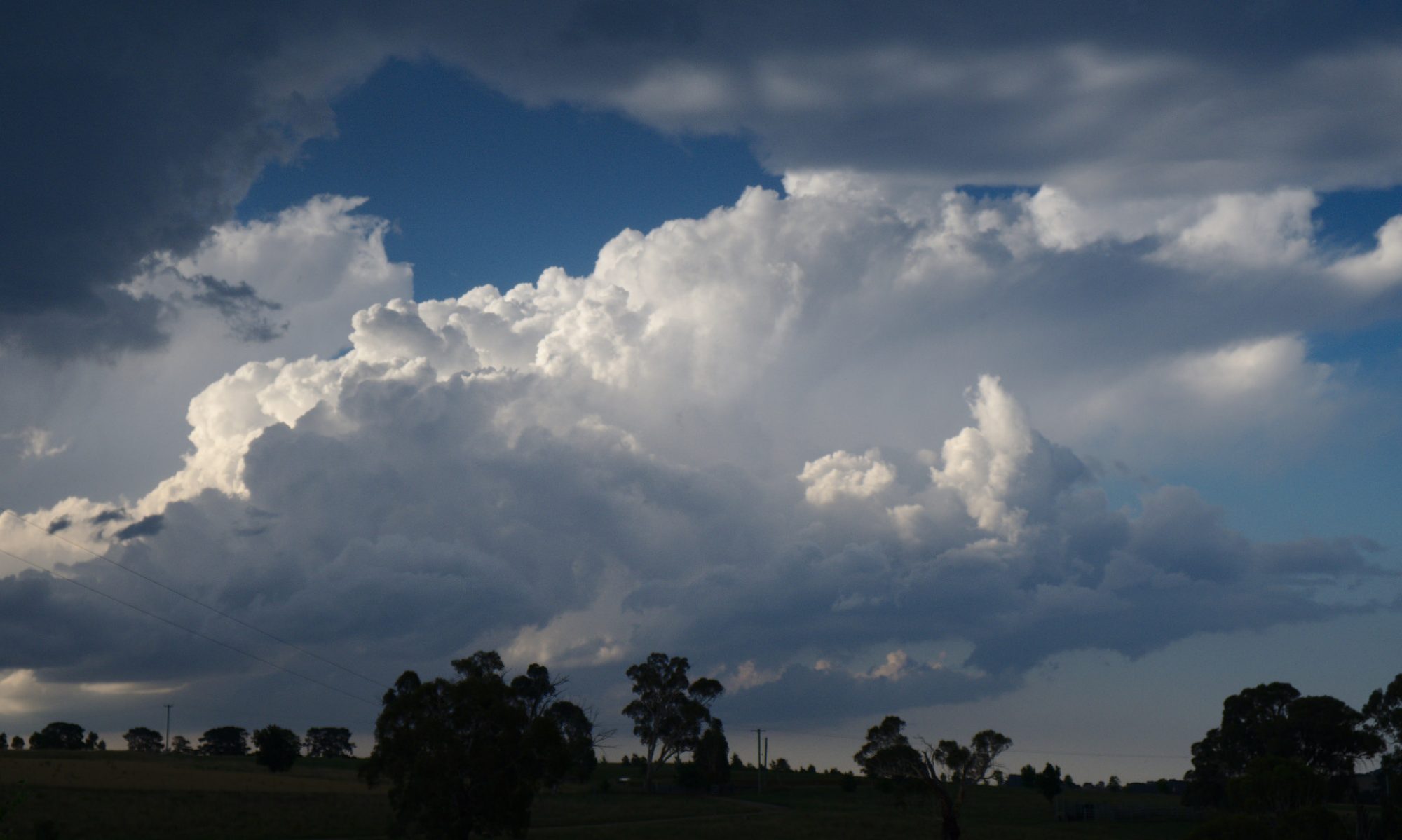Day 2 of the 30 day book meme – A book or series you wish more people were reading and talking about
This one is rather leading: it seems to think I’m ahead of the curve on books and am going to be introducing a book or series that none of you have ever heard of. I am no one’s book wizard (incidentally, I’ve read a few hundred pages of Infinite Jest and it’s fun).
Still this one is easy compared to Day 20, favourite kiss. Favourite kiss? Yikes.
Anyway, a year or so ago I wished I had more people to talk to about Karen E. Bender and Nina de Gramont (eds) Choice: True Stories of Birth, Contraception, Infertility, Adoption, Single Parenthood, and Abortion. It’s an anthology of women’s stories about reproductive choices.
It’s simply a good (in the reading sense, not the emotional sense) set of real stories if abortion, infertility, pregnancy and birth stories interest you. Since I’ve been reading such since I was a kid, I loved it. I lack a huge number of friends (meatspace or online) who spend much time talking about reproductive choices.
The title doesn’t include childfreedom, but there’s at least one childfree writer, that said, if you’re not interested in parenthood decisions and stories in some way it’s largely not going to be an enormously interesting read.
It may not be a good book to read while pregnant or if you have infertility or pregnancy-related grief: there’s a second trimester abortion for pre-eclampsia (there’s an earlier draft of that one at warning ReadingWritingLiving) for example, a “baby scoop” birthmother’s story, and several other tragedies).
In fact, probably my single major criticism is also inevitable given the book’s scope: many choices are extremely serious, often distressing and conflicted, by the nature of soliciting stories from women willing to write thousands of words about a reproductive choice they made. Given that I tended towards being anxious anyway, it didn’t provide a great basis for pre-pregnancy reading, I should have been reading Pregnancy and Birth: loved it more than lollipops (not, as far as I can see, an actual title on the market).
Also, if you are thinking along these lines about disability politics, abortion and reproductive choice, you will probably find it an incomplete anthology: there’s a mother who chose to abort a fetus that would have been a second hemophiliac son, and a mother who had a
primary CMV infection and a healthy child, but not a lot of questioning of the a healthy child is a better child
assumptions.

